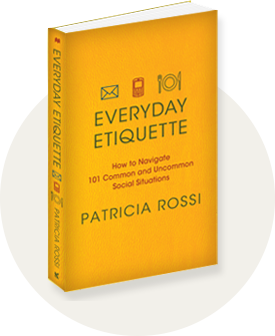As the workforce shifts to accommodate 4 vastly different generations, understanding the foundation of each generation is crucial for the success of our organizations.
Below is a reference guide of each generation, their values, and preferred method of communication.
*It is important to remember that the following are stereotypes of each generations. In each of these categories, there are individuals that fit the description as well as those that do not. *
Baby Boomers | 56-75 years old
While the majority of Baby Boomers are enjoying retirement, there are individuals in the workplace. Retirement for those Baby boomers still in the workplace can be attributed to the 2008 financial crisis.
Values: job security, competition, self-focus, optimism
Communication: Baby Boomers feel valued when they are asked for feedback on projects or have a seat at the table throughout the development of an initiative. They prefer to communicate across multiple different mediums.
GEN X | 40-55 years old
Generation X’s upbringing was defined by high divorce rates, public scandals, and a volatile economy.
Values: job security, career advancement, autonomy, work-life balance, flexibility, technology
Communication: Generation X prefers defined work boundaries. They strive to achieve work-life balance and wish to address work issues within standard business hours only. Their go-to communication style is via email and face to face meetings for larger issues.
Millennial | 25-39 years old
Millennials are the largest demographic in the workforce today. The millennial’s upbringing is defined by the introduction of the internet.
Values: collaboration, technology, social responsibility, authenticity
Communication: Millennials are deeply connected online through social media platforms and messaging. As millennials enter the workplace with other generations, barriers can develop from the vastly different styles of communication.
GEN Z | Today – 24 years old
While this generation has not yet widely entered the workplace, their desire for community is shaping how organizations are prepare their recruitment efforts.
Values: community, entrepreneurship, technology, autonomy, flexibility, remote work




